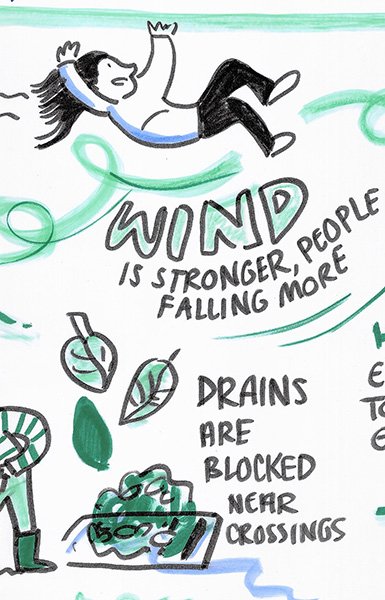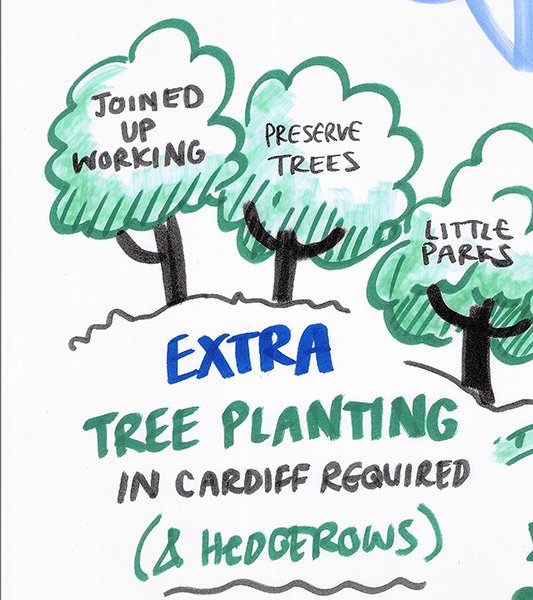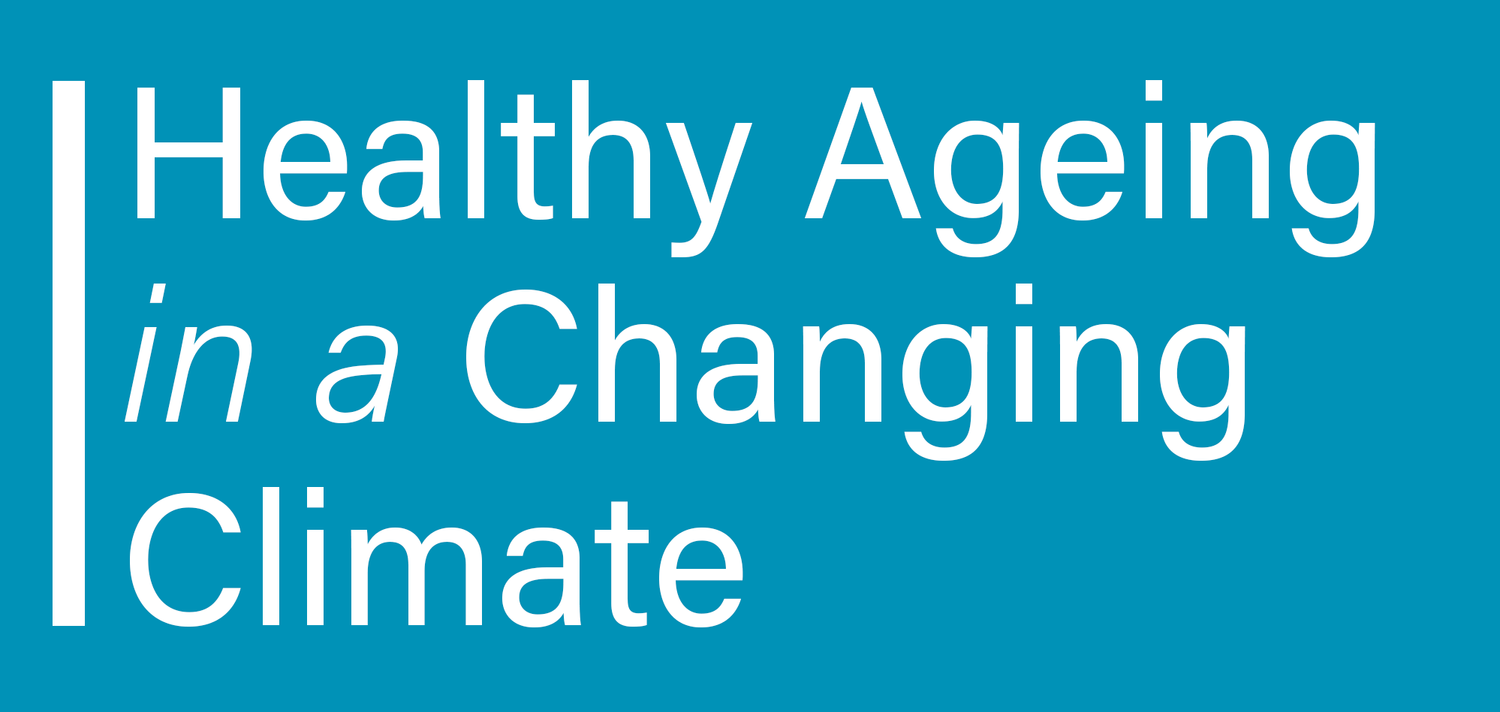Timeline
The Healthy Ageing in a Changing Climate project launched in October 2022. It was implemented over a twelve-month period and was divided into five inter-linked parts.
Part 1: Policy and practice priorities
Firstly, we established policy and practice priorities for inclusive climate resilience and Age-Friendly Cities and Communities (AFCCs).
We held a workshop to map priorities for an ageing population in the context of climate change, explored how climate related events impact the ability to address healthy ageing in place, and identified key challenges for building resilient communities across the key Age-Friendly Cities and Communities (AFCC) dimensions.
Part 2: Older people’s experiences
Next, we captured older people’s perspectives of healthy ageing in place in the context of climate change.
We invited older people to tell us what ageing in place in the context of climate change means to them, exploring threats and opportunities as well as what local resources are important and how they will be impacted.
See the images below which were captured by graphic recorders during our workshops.






























Part 3: Co-designing solutions
Working with older people and key stakeholders, we co-designed potential solutions to the challenges identified in the first two parts of the project.
We established what policy and practice interventions would look like if they:
1) Incorporate and attend to climate change risks
2) Address the requirements and desires of older people to age well in place
Part 4: Co-developing policy and practice guidelines
We translated the co-designed solutions into policy and practice recommendations.
To do this, we identified the practices, institutional supports and resources needed to deliver climate resilient Age-Friendly Cities and Communities (AFCCs), ensuring they are workable within different institutional contexts.
Part 5: Evidence-based policy
Finally, we provided evidence to policy to foster change in place-based policy and practice for inclusive climate resilient Age-Friendly Cities and Communities (AFCCs).

